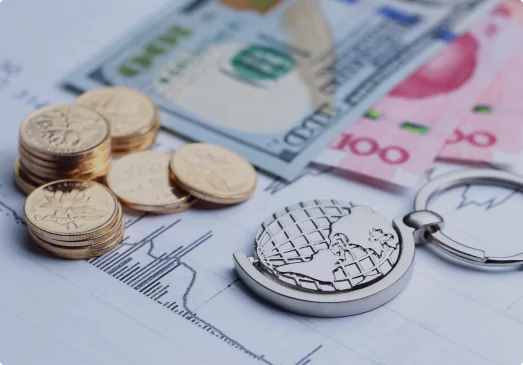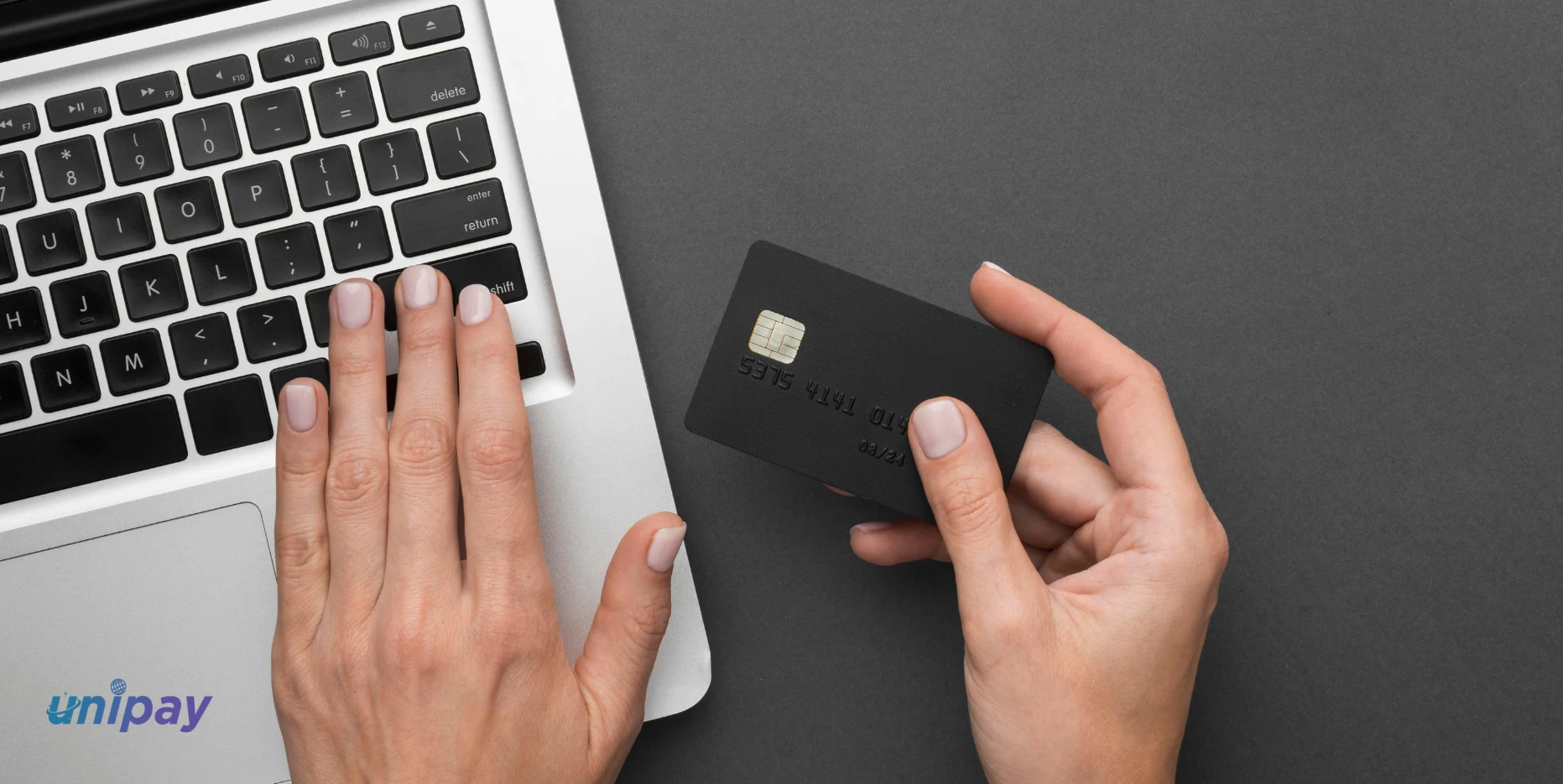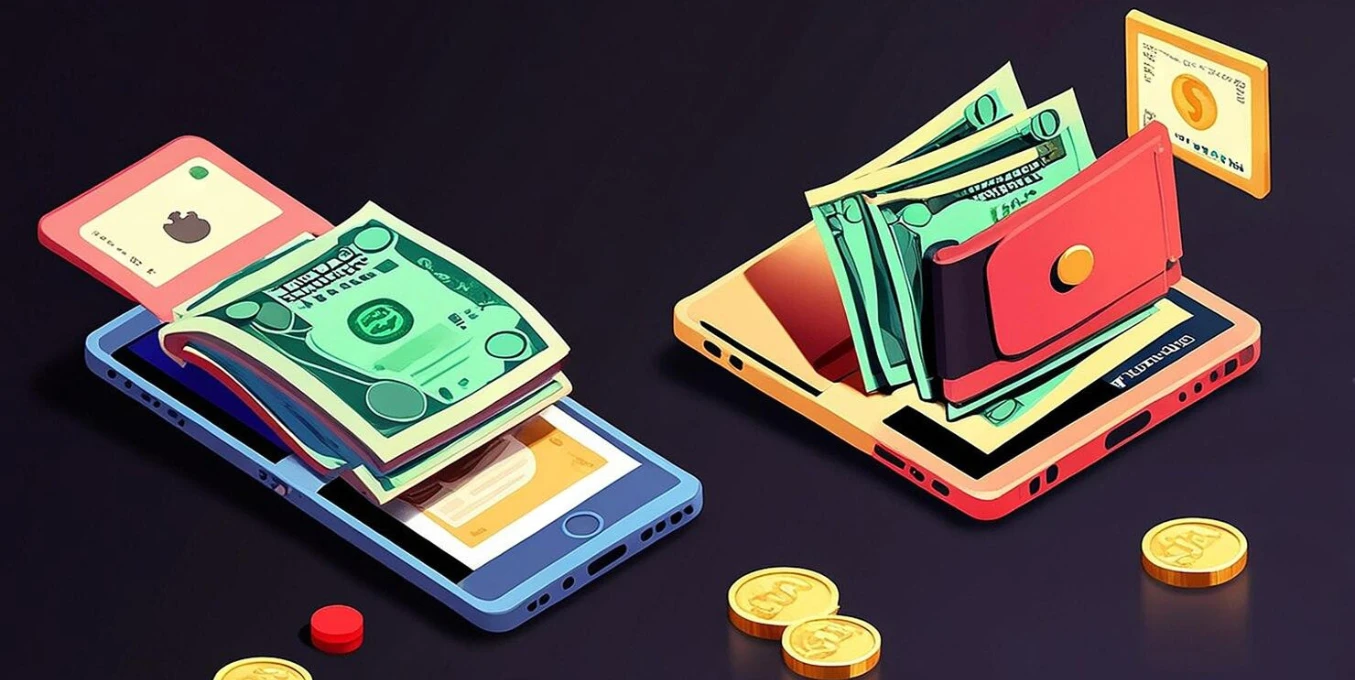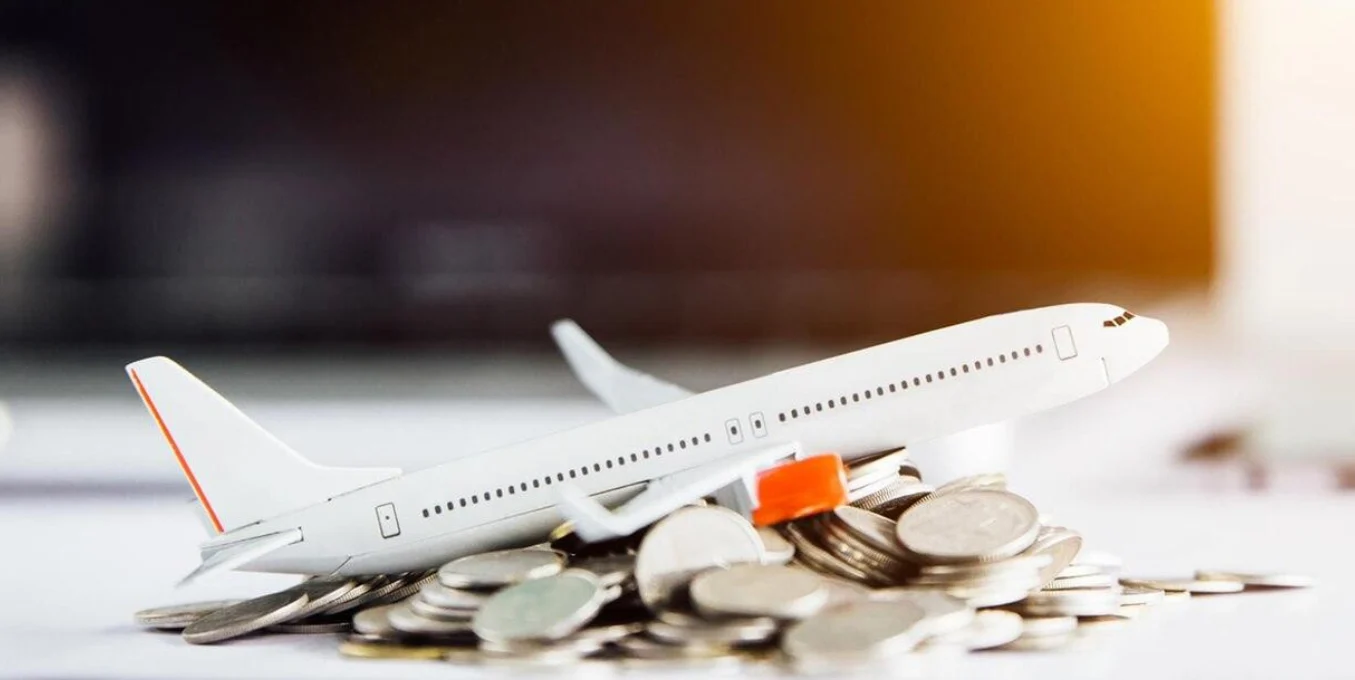Currency exchange is crucial to international trade, travel, and investment in the now global economy. Whether you’re planning a vacation out of the country, collaborating with colleagues overseas or simply trying to invest in the forex market, knowing the basics of currency exchange is an essential skill.
We are going to take a high-level view about currency exchange in this blog and try and understand how does currency trading work, what are the Factors affecting rates and also, some Tips on getting the best of all money transfers.
What is Currency Exchange?
The exchange of one currency for another at a fixed rate is termed as currency exchange or foreign exchange. International trade happens in different currencies so currency exchange facilitates cross-border trade and is essential.
The Forex Market
The amount of daily transactions in the forex market is even more absurd. It is worth noting that currency trading, unlike trading on an exchange, is done through a system of automation among banks and financial institutions. But you also must be careful not to let yourself get so caught up in an emergent market that brings the new to you in sexy packaging that you let it take over your screen.
Understanding the Basics of Currency Exchange Rates
They are hard pressed by factors such as economic fundamentals, interest rates and the emotions of the market. The foreign exchange rate is the price at which these pairs are bought or sold; it also serves as the common-denominator of exchange.
Factors Influencing Exchange Rates
There are several factors that influence exchange rates. Some of the key factors include:
- Interest Rates: Higher interest rates in a country attract foreign capital, increasing demand for its currency and driving up its value
- Economic Performance: A currency’s strength is influenced by positive economic indicators, such as GDP growth and low unemployment rates.
- Political Stability and Economic Policies: Countries with stable political environments and sound economic policies often have more robust currencies.
- Inflation Rates: Low inflation rates are generally positive for a currency’s value.
- Market Sentiment: Speculation and market sentiment can cause short-term fluctuations in exchange rates.
Basics of Currency Exchange Services
Banks and online platforms offer forex services. When exchanging currency, you’ll likely encounter two types of rates: the market rate (the real exchange rate) and the retail rate (the rate offered by the service provider with a markup).
Tips For Currency Exchange
When dealing with currency exchange, consider these essential tips:
- Research and Compare: Before exchanging currency, research different service providers to find the best rates and lowest fees.
- Be Cautious with Airport Kiosks: Exchange rates at airport kiosks are often less favourable due to higher fees and commissions.
- Understand Fees and Commissions: Some providers may offer seemingly attractive rates but charge high fees or commissions, reducing the overall value of your exchange.
- Consider Online Options: Online currency exchange platforms may offer competitive rates and added convenience.
- Monitor Exchange Rates: Keep an eye on exchange rate trends and consider exchanging money when rates are favourable.
- Use Limit and Stop-Loss Orders: If you’re involved in forex trading, consider using limit and stop-loss orders to manage risk effectively.
Impact Of Central Banks
Central banks play a significant role in influencing exchange rates. Central banks might try to stabilise their domestic currency or affect its value to accomplish particular economic goals through monetary policy and intervention in the foreign exchange market. Exchange rates can significantly fluctuate as a result of central bank measures like lowering interest rates or implementing quantitative easing.
Currency Exchange And International Trade
Currency exchange is at the core of international trade. Countries swap their currencies to settle trade-related transactions. Changes in exchange rates can affect the prices of products and services, affecting both importers and exporters. A weaker domestic currency can make exported goods more competitive in global markets, benefiting exporters. However, importers may have to pay more due to the changes in exchange rates.
Currency Exchange For Travelers
Understanding currency exchange is crucial for travellers to avoid unnecessary fees and get the best rates. Here are some travel-specific tips:
- Inform Your Bank: Before travelling, inform your bank of your plans to avoid potential issues with using your debit or credit cards abroad.
- Avoid Dynamic Currency Conversion: When using credit cards abroad, decline offers for dynamic currency conversion. Opt to be charged in the local currency instead to avoid unfavourable exchange rates.
- ATM Withdrawals: Use ATMs at reputable banks to get cash in the local currency. Be cautious of standalone ATMs, as they may impose high fees.
- Carry Some Cash: Having a small amount of local currency upon arrival can be helpful for immediate expenses like transportation or tips.
In Conclusion
Currency exchange is a complex and dynamic aspect of the global financial system. Understanding the basics of currency exchange is essential before engaging in currency exchange or forex trading. Knowledge, research, and risk management are vital. By staying knowledgeable and making well-informed decisions, you can navigate the currency exchange landscape more confidently and make the most of your international transactions. Remember, currency exchange is not just about numbers; it reflects the complexities and interconnectedness of the global economy.




